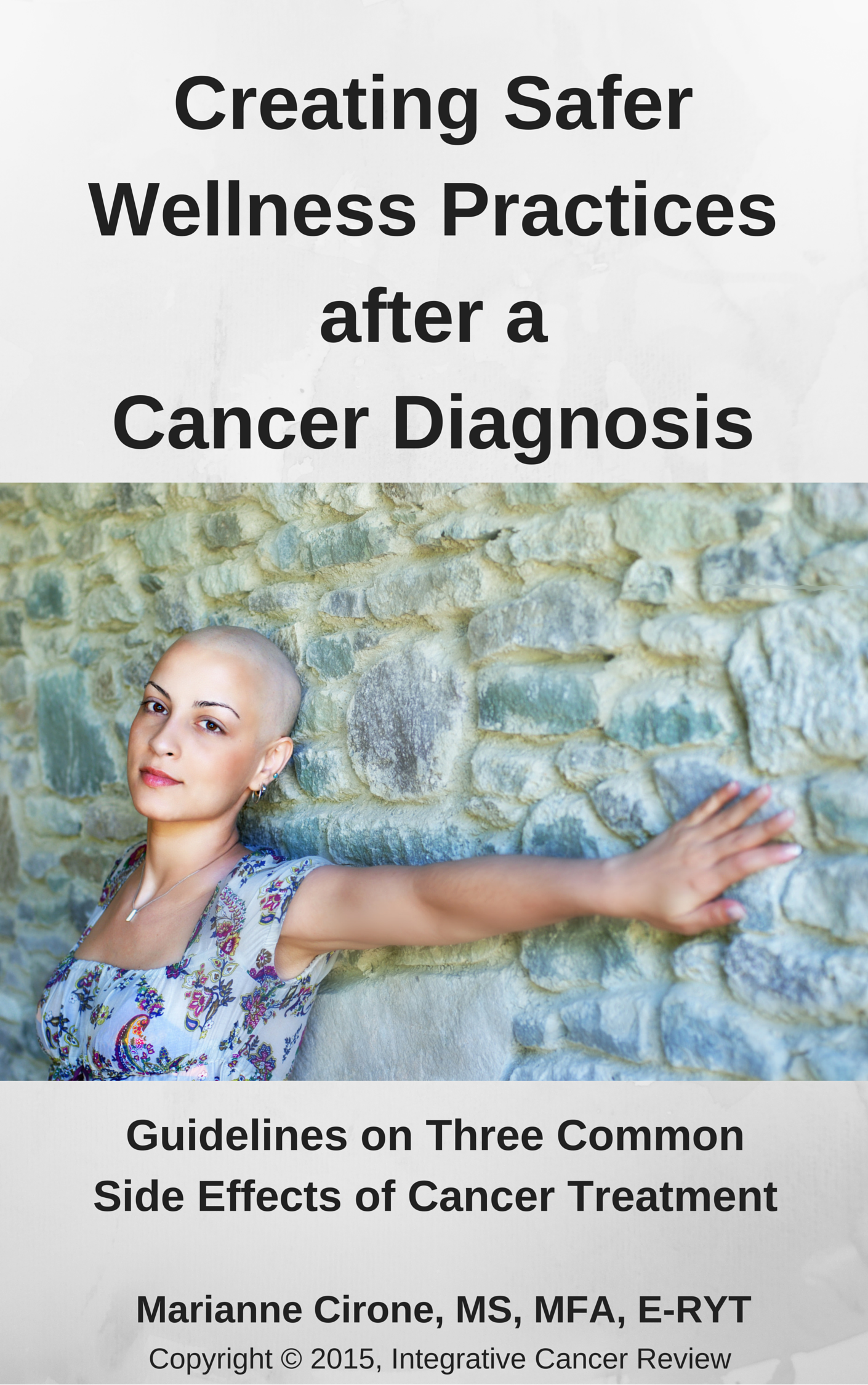
Information is power. Researchers at the University Hospital at Udine, Italy concluded that informative sessions about complementary and alternative medicines could impact patients’ perceptions and opinions.
In an October 2018 study published in the Journal of Cancer Research and Clinical Oncology, researchers sought to understand patients’ perceptions, acceptance, and usage of complementary and alternative medicines About half of cancer patients are using at least one complementary or alternative medicine modality, the study notes, yet, patients feel reluctant to discuss those treatments with their oncologists. The study concluded that access to quality information “seems to have a relevant impact” on patients’ opinions.
Patient opinions about complementary and alternative medicines
The study enrolled 239 cancer patients. Initially, researchers asked patients to fill out a questionnaire to assess their knowledge and opinions about complementary and alternative medicines. An informative session exploring alternative and complementary therapies, toxicities and interactions with conventional treatments followed. More than half (55.2%) of enrolled patients attended the informative session. A second questionnaire was administered to the 139 patients attending this session to document the change of opinions on the subject.
- Study enrollment: 163 women, 70 men
- Median age: 61
- 72% were never interested in this topic previously
- 11% disclosed the use of some form of alternative therapy
- 28% revealed the use of a complementary therapy
The takeaway: Patient opinions change with information
Researchers demonstrated a statistically significant change in opinion for nine of the 14 subjects explored during an informative session.
ICR discussion: Improving communication with patients and providers
So, how important is education and highly credible information when considering an integrative approach to cancer therapies and treatment? This study suggests that much more needs to be done to facilitate healthy dialogue with oncologists about complementary and alternative approaches to treatment. For providers, patients are willing to listen. Why has it been so difficult for healthcare to adopt modalities to treat the whole patient with all the tools (Western and Eastern modalities) that can help put cancer into remission? Are oncologists open to working with you to try new integrative approaches? Do you believe it is a difficult subject to broach? Why?


















